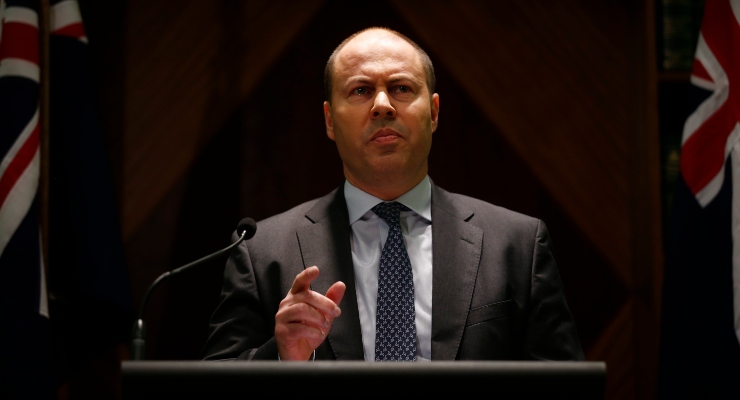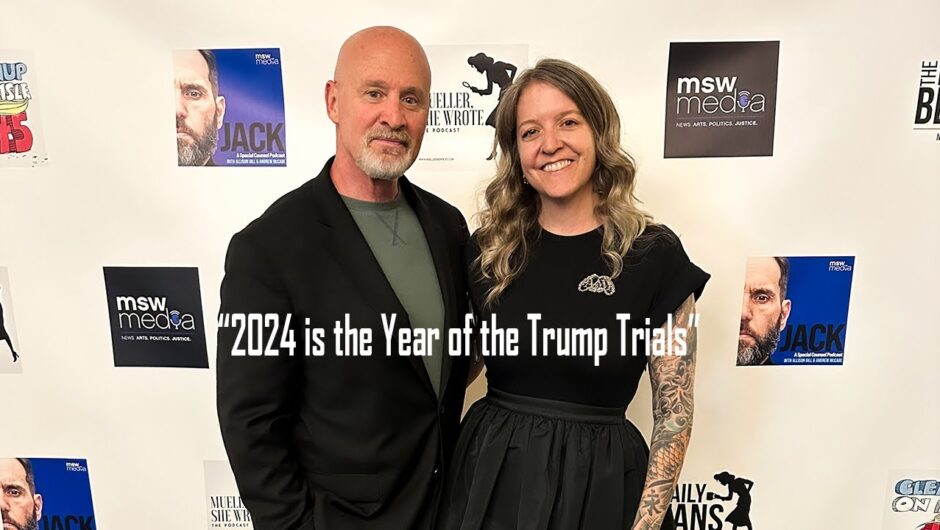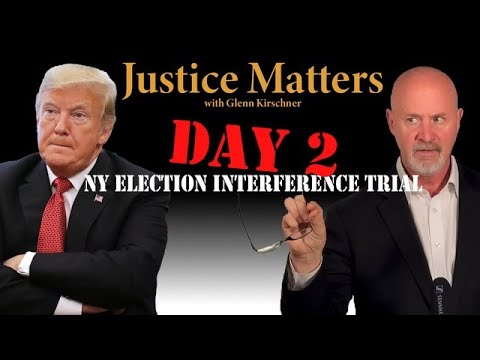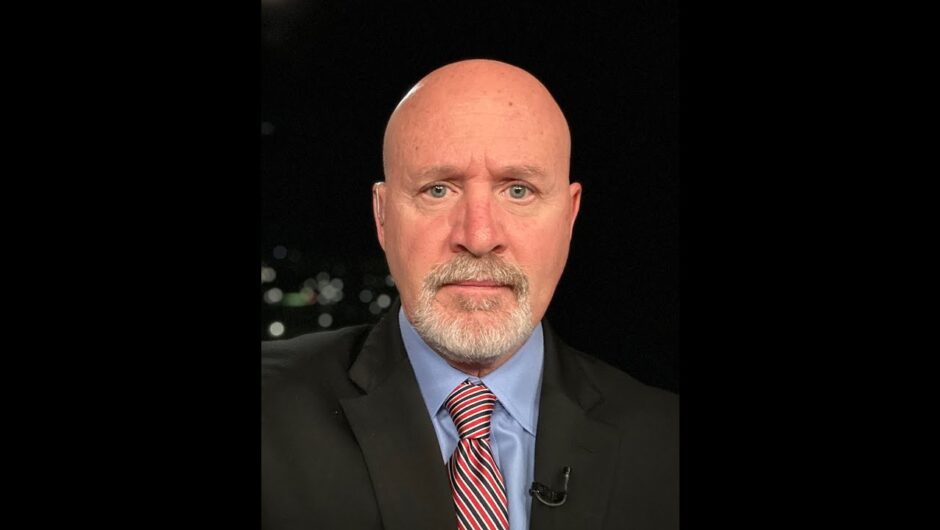Eagle-eyed Crikey readers, and anyone who likes to indulge in a little Australian Financial Review, will be all too aware of Josh Frydenberg’s recent declaration of war on public company shareholders, via an attack on proxy advisers, as documented by Stephen Mayne last month.
The proposal is a bizarre attempt to stifle free speech on behalf of the most privileged class in Australia: public company CEOs and directors. Its timing seemed designed to cast doubt on Frydenberg’s nemesis Ownership Matters, which humiliated the treasurer with an independent analysis of public company rorts through JobKeeper.
But first, let’s take a step back: what the hell is a proxy adviser?
About two decades ago, in the US, UK and Australia, advisory businesses formed, appearing to advise institutional shareholders (often superannuation funds) on how to vote on corporate governance issues for public companies.
There are a few fairly obvious reasons for this. First, funds generally aren’t experts on complex issues such as remuneration, especially share-based payments. Also, as the assets of superannuation funds have grown, so too has the size of their portfolios, making it inefficient for them to be able to properly analyse the thousands of public company resolutions that they need to vote on every year. Proxy firms, such as ISS Australia and Glass Lewis, as well as the aforementioned Ownership Matters, essentially fill this void and provide expert advice on governance issues.
The growing influence of the proxy firms has been a boon for shareholders. While remuneration reports are non-binding, public companies are now far more reticent to mindlessly inflate the compensation of senior executives for fear that proxy advisers will tell funds to vote against the resolutions.
While they are non-binding, a “remuneration strike” is highly embarrassing for boards and CEOs. Before then-treasurer Peter Costello introduced the non-binding remuneration vote in 2005, boards and their hand-picked executives had grown accustomed to doing largely whatever they liked with shareholder money. Since then, proxy advisers have been a constant irritant.
This has meant that instead of focusing on creating value for shareholders, some directors and executives have instead spent years trying to curb the growing influence of proxy firms. ASIC and various treasurers have been sensible enough to ignore the whining… until, that is, Josh Frydenberg — federal treasurer, former Deutsche Bank-er and best mate of Ryan Stokes — decided to wade in.
In May, Frydenberg released a consultation paper that could have easily been drafted in the corridors of Beijing or Pyongyang. As part of the draft rules, proxy advisers will be required to give companies they’re reviewing a week’s notice of their recommendations, and also ensure that clients get access to the company’s response.
There’s no doubt that pressure from CEOs and well-paid lobbyists like the Australian Institute of Company Directors and the Business Council of Australia is a driving force for the legislation. Another is the Liberal Party’s ongoing (and so far failing) war with strongly performing industry super funds.
One of Frydenberg’s main targets is the Australian Council of Superannuation Investors, a group of 36 institutional investors, which controls $1 trillion in assets and is considered a proxy firm itself. That is because the consultation paper recommended that proxy firms be independent of super funds.
Sensing their pay packets are soon likely to be heavily engorged, several high-paid CEOs have done little to hide their utter joy at the mooted red tape. Outspoken technology boss Adrian Di Marco, who was recently accused by a Federal Court judge of being “deceptive” and “bordering on arrogance”, naturally supported the changes, claiming that “unless public markets evolve from their current state, they will not be competitive in the 21st century”.
Di Marco claimed proxy advisers “aren’t the actual fiduciary and therefore have no legal obligation to act in the best interests of shareholders”. Leaving aside the inconvenient fact that 96% of votes are cast in favour of directors, proxy advisers operate in a free market, just like Di Marco’s business — if shareholders think their advice isn’t up to scratch, they will simply stop paying for that advice. Meanwhile, Di Marco, who has happily flogged more than $130 million of TechnologyOne shares in recent years, doesn’t appear to have been overly hamstrung by the haunting influence of proxy advisers.
Another longtime critic of proxy firms is billionaire retailer — and grateful JobKeeper beneficiary — Gerry Harvey. It was Harvey who demanded regulators investigate proxy firms in 2019, claiming “ACCC and ASIC [are] investigating us and other companies all the time, and yet you’ve got this sort of rubbish going on right before their very eyes and they just ignore it”.
Harvey has regularly been a muse for proxy firms after treating Harvey Norman shareholders like prize fools for years. Ostensibly a property business and franchisor, Harvey felt it appropriate to spend upwards of $50 million on a disastrous dairy farm investment in Victoria. Meanwhile, after years of underperformance, Harvey Norman shares are trading at the same price as they were in 2016, while competitors such as Kogan, Temple & Webster and Premier Investments have skyrocketed.
Finally, it is enlightening to see law-firm-to-the-stars ABL provide a submission in favour of the Soviet-style regulation of free market advice. ABL is arguably the most elite firm in the country, with partners charging thousands of dollars per hour to provide advice to Australia’s largest companies. While ABL’s client in these cases is supposed to be the “company”, it is of course retained by the executives. It is therefore no surprise to see ABL happily endorse a consultation paper that indulges those very executives at the expense of shareholders (who unknowingly pay their hefty invoices).
According to ABL, multibillion-dollar institutions are so beguiled by often-small proxy firms that they are “compelled to vote against” huge pay rises for CEOs, on the basis that they “simply don’t have the resources themselves to justify a vote out of line with proxy advice”.
The absurdity of the proposed laws shouldn’t come as a shock to anyone — a cronyist Liberal government that has long lost its free-market roots teaming with spiv advisers and repugnant billionaires to enlarge agency costs being paid by mum-and-dad shareholders. Perhaps the most surprising thing is that it took them so long.
Adam Schwab is a director of Private Media, the publisher of Crikey, the co-founder of travel company Luxury Escapes and the author of Pigs at the Trough: Lessons from Australia’s Decade of Corporate Greed.

As a Crikey subscriber and someone who began working as a journalist in 1957, I am passionate about the importance of independent media like Crikey. I met a lot of Australians from many walks of life during my career and did my best to share their stories honestly and fairly with their fellow citizens.
And I never forgot how important it is to hold politicians to account. Crikey does that – something that is more important now than ever before in Australia.
Liz
North Stradbroke Island, QLD
Join us and save up to 50%
Subscribe before June 30 and choose what you pay for a year of Crikey. Save up to 50% or, chip in extra and get one of our limited edition Crikey merch packs.








